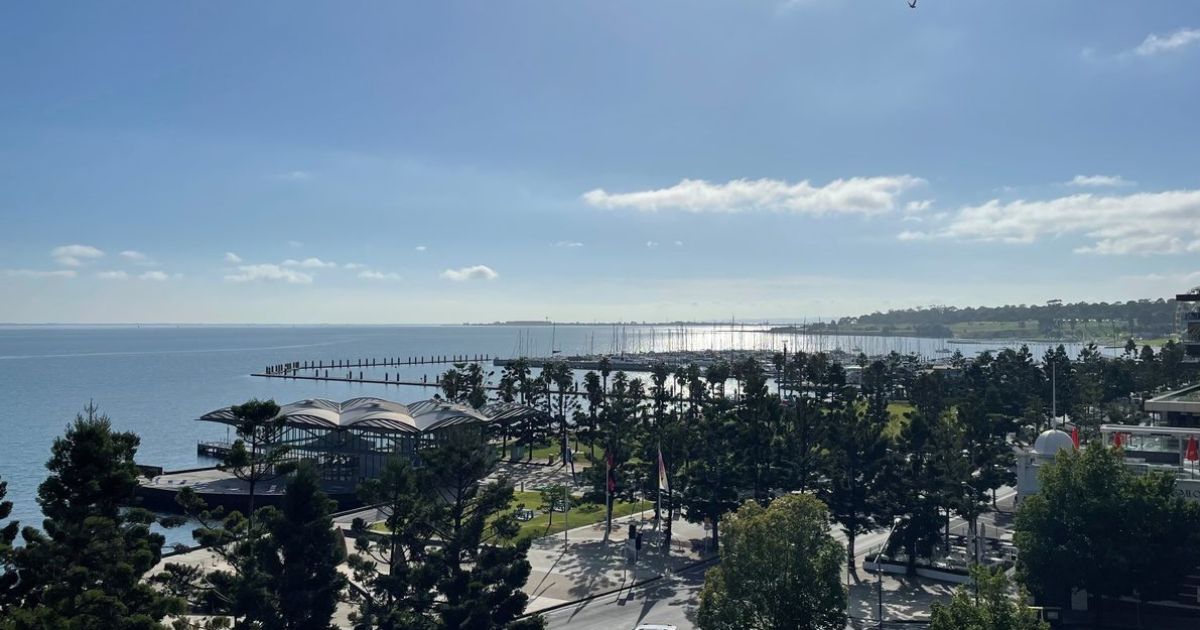Deakin’s research makes a difference
A REPORT from the Australian Research Council (ARC) has found research by Deakin University is making a difference.
The ARC report assessed researchers’ engagement with the people who use their research, and how well universities translate their research into economic, social, environmental, cultural and other benefits, based on selected case studies.
Deakin deputy vice-chancellor for research Professor Julie Owens said the inaugural ARC Engagement and Impact Assessment 2018- 19 National Report showed the real impact of Deakin’s world-class research and innovation.
“In the past week, Deakin researchers revealed a world-first connection between mobile phone use and wellbeing, while at the same time our globally-recognised Institute for Frontier Materials has begun working with leading global aerospace products manufacturer the Universal Alloy Corporation, which will lead to cutting-edge developments in the fields of aluminium, titanium, forming and composites materials manufacturing.
“Deakin University is committed to the communities we serve and delivering research and innovation that makes a difference in the real world is paramount to this commitment.
“As part of our commitment we are focused on ensuring we support our industries of today and tomorrow to grow, that the research we do helps to support and create the jobs of the future and that we focus on new and better ways of doing things that improve the lives of those around us, here in Australia and around the world.”
Deakin research and innovation that was recognised in the report included:
• Movement-based technologies developed by the Deakin Motion.Lab with the creative industries, to enable production companies, community and government organisations, arts organisations and individuals to develop new products and audiences
• Research that shaped policies and initiatives of regional arts organisations, government and their funding agencies to improve effectiveness, increase reach and better meet audience expectations and needs, and
• Research that documented heritage destruction in Iraq and Syria, which informed government policy to address conflict and cultural property protection and provided strategic intelligence assessments to help develop specific protection programs for the people of Iraq and Syria.


















